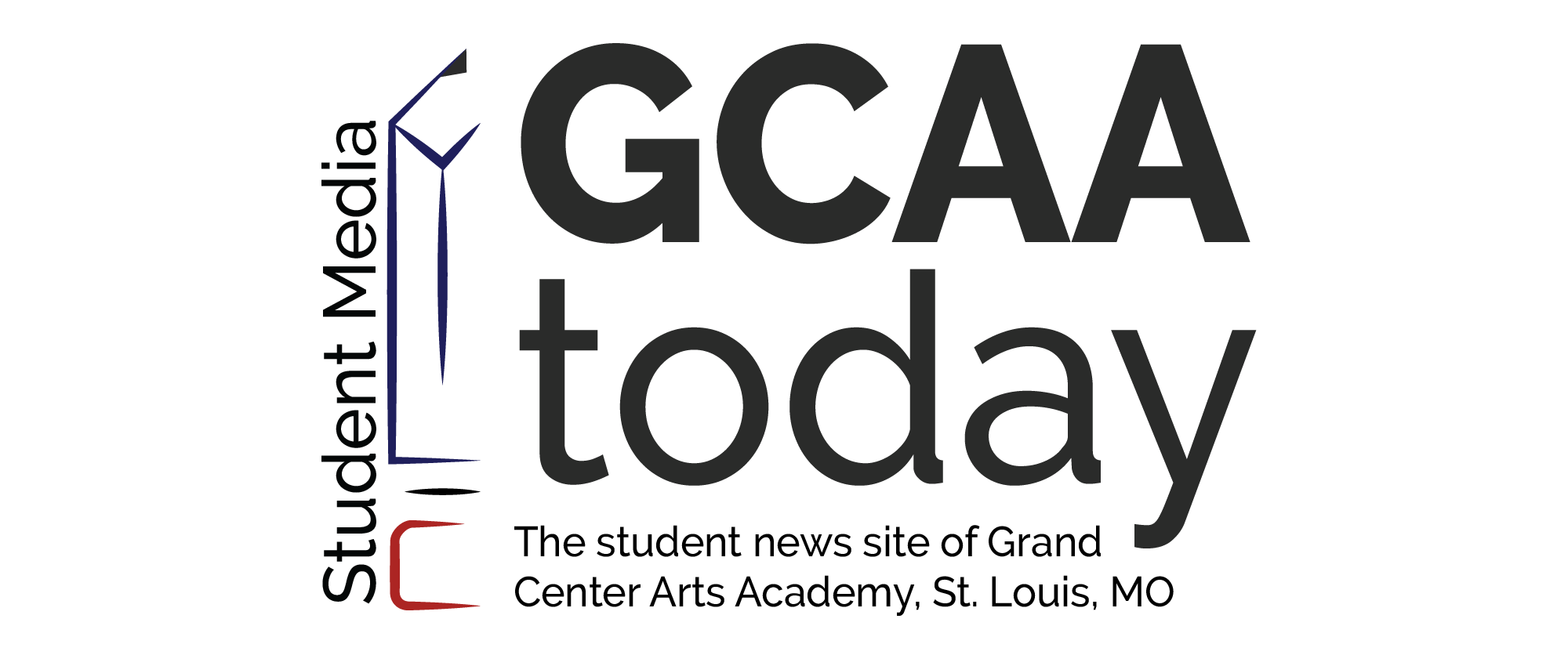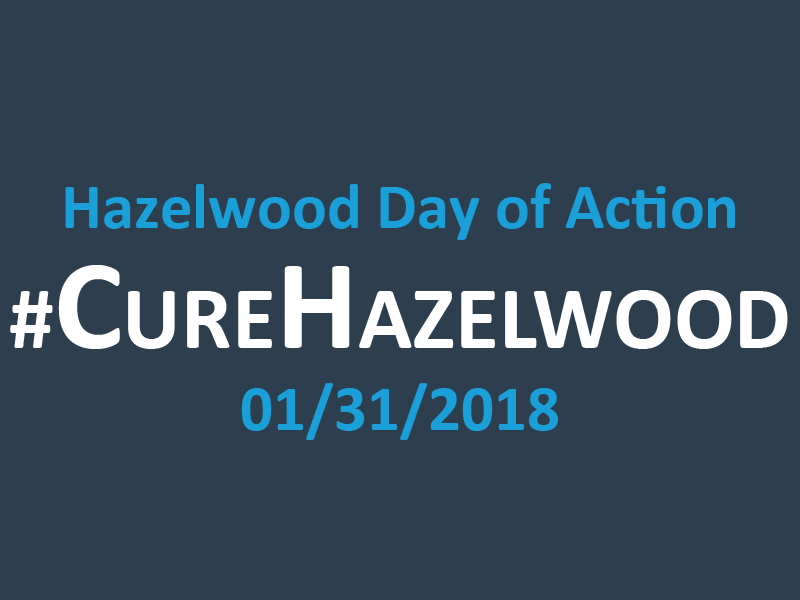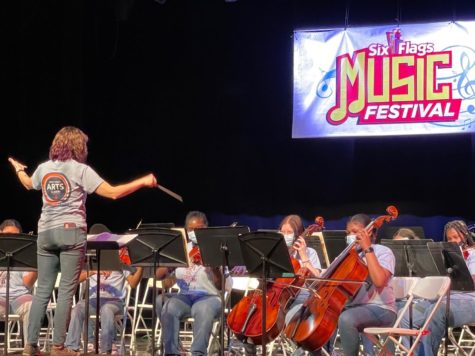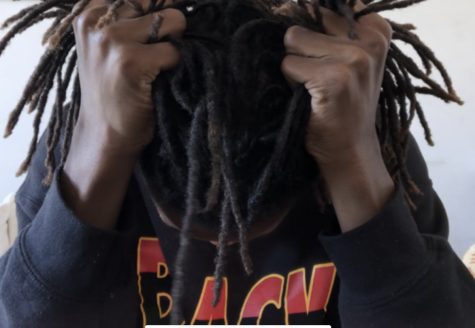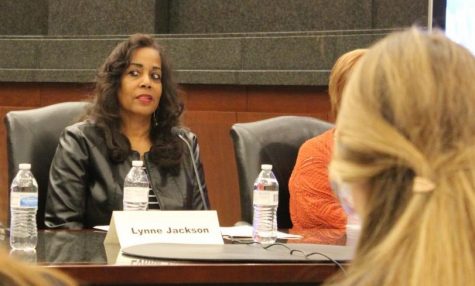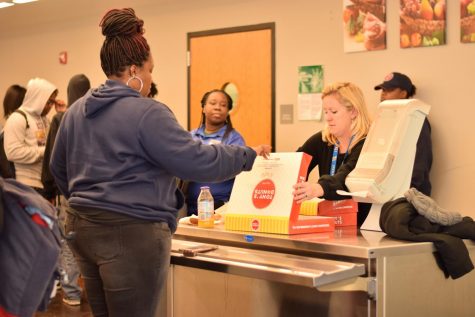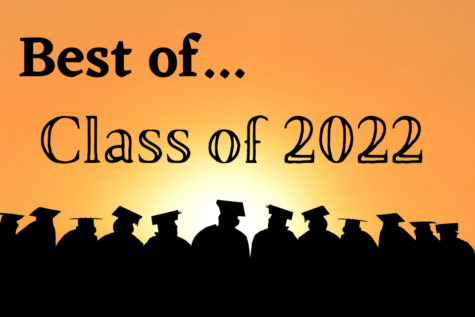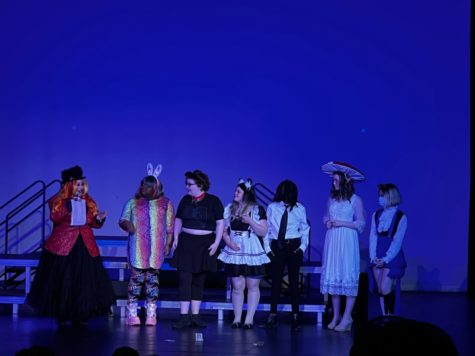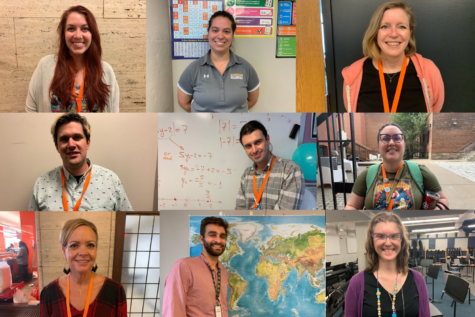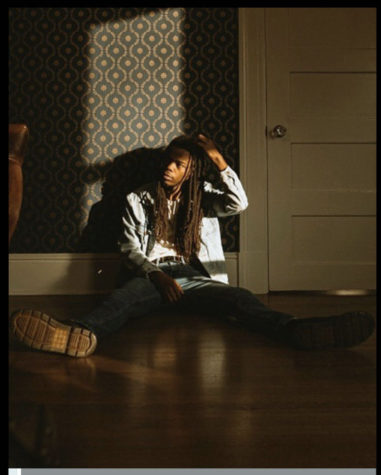OPINION: Student journalists fight for their First Amendment rights with Hazelwood day of action
January 12th, 2018 marked 30 years since the Hazelwood V. Kuhlmeier decision, a landmark Supreme Court decision that held that public school student newspapers that have not clearly been established as public forums for student expression are subject to less First Amendment protection than student expression outside of school. Essentially, student newspapers not established as a public forum are at the mercy of administrators to censor their publication.
Until the 1960s, administrative review of student publications was considered routine on both high school and college levels. However, with the rise of the 1960s, students began to write about controversial social issues, like the
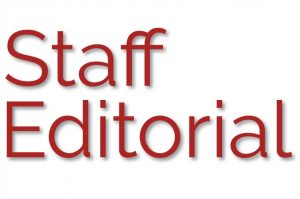
Because school officials do not engage in prior review, the content of GCAA Student Media is determined by and reflects only the views of the student staff and not school officials or the school itself.
Vietnam war, sexuality, and Civil Rights. Beginning in 1969, 125 lower court cases were held (concerning administrative review versus student expression) that were decided in favor of students’ First Amendment rights.
However, by the 1980s, administrators hunted for a return in their authority. When the school principal at Hazelwood East High School removed two stories (one about teen pregnancy, one about divorce) from The Spectrum, the Hazelwood student newspaper, the student journalists sued, saying their rights had been violated. The case went all the way to the Supreme Court, who in a 5-3 decision determined that administrators were entitled to ‘prior restraint’ of a student publication. From that day forward, student newspapers across the country have been censored by school administrators.
GCAA Student Media Publications has acted as a public forum since our inception, however, we do not have a specific policy that explicitly grants that freedom. For this reason and for the sake of restoring rights to student journalists, we will be participating on January 31st in the Hazelwood Day of Action.
The Hazelwood Day of Action, sponsored by the Student Press Law Center (SPLC), is a day to raise awareness about the destruction of student speech that has followed the Hazelwood decision, as well as to help focus attention on the need for New Voices legislation to protect student journalists’ rights. New Voices is a student-powered grassroots movement, as well as a project of the SPLC, that aims to give students the legally protected right to journalistic expression.
The New Voices of Missouri Act is intended to protect student journalists’ right to exercise freedom of speech in school regardless of whether the school district financially supports the media, or if the publication is already produced as part of a class. Elijah Haahr, a Republican politician, first introduced this act in 2016 and his professor, who is a newspaper adviser at Missouri Western State University, has led the campaign ever since hearing about it. The campaign originated in North Dakota and passed the state legislature unanimously. Our goal is to make this a reality in the state of Missouri.
According to the Student Press Law Center, a statement from Haahr reads, “Missouri is the home of one of the world’s most famous and iconic journalists in Walter Cronkite, but also the home of the Hazelwood decision that saw the rights of student journalists suppressed,”
This bill passed in Illinois, leading the future of this bill to look promising for Missouri.
To join the campaign and get updates on the bill, you can visit the New Voices of Missouri Facebook page.
As student journalists, it is extremely important to the GCAA Student Media staff to publish the whole, unadulterated, uncensored truth about what’s going on in our school and our community. When journalistic speech gets censored, reporters are unable to provide their readers with honest and unbiased facts. Similarly, when student journalists get censored, we are unable to provide our school community with what we believe to be important information about the people and events of our school. The staff firmly believes in the principles of free speech and journalistic freedom, as well as the idea that those principles are essential for moving towards a truly free and equal society.
GCAA Student Media is a public forum in practice, so our publication is not subject to censorship, or limitation. It is not beneficial to our school, our community, or our educations for administrators to have the power to censor our free speech and expression. We work hard to ensure that each and every one of our stories is relevant and necessary to publish. Often, our reporters take weeks to investigate a single story to find the gritty details and bring them to light. For important and germane stories to be censored after all of that hard work is not something that the staff wants to worry about. We want to be able to be confident in the knowledge that our First Amendment rights of free speech and expression will not be limited by anyone.
If student speech, or even just our publication, is important to you, we implore you to participate in the Hazelwood day of action. The SPLC provides many ways in which you can get involved, including the broadcast of ten minute Facebook Live discussions at the beginning of each hour in the day with noted people talking about the impact of Hazelwood. (Speakers include Mary Beth Tinker and Cathy Kuhlmeier Frey). If you don’t want to tune in, there are also several social media campaigns that will be trending on Wednesday, (specifically a Twitter blast and an Instagram campaign). You can join the fight by tweeting or posting with the hashtag #CureHazelwood.
We are a staff that supports the right to share the stories of our classmates, peers, and community without censorship. Free speech is not only a way for students to gain confidence in their beliefs, but it also allows them to have a voice for those who don’t have their own. The Hazelwood decision was the wrong decision, and we will fight for our rights together.
If you’re interested in participating in the Hazelwood Day of Action, learn more about it at http://www.splc.org/page/hazelwood-day-of-action.
Your donation will support the student journalists of Grand Center Arts Academy. Your contribution will allow us to purchase equipment and cover our annual website hosting costs.


